The U.S. Food and Drug Administration’s recent announcement of its proposed menthol ban has divided leaders in the Black community.
Menthol cigarettes are disproportionately popular among Black smokers in the United States. Out of all Black smokers, nearly 85 percent smoke menthol cigarettes, compared to 30 percent of White smokers who smoke menthols, according to the FDA.
While proponents argue that the ban will help end “predatory marketing” of menthol cigarettes to Black communities, some civil rights advocates worry the measure might contribute to more violent interactions between police and communities of color.
“What we said is, ‘Y’all have got to consider unintended consequences.’ Imagine some cop pulling a kid over, saying, ‘Where did you buy or get that Kool cigarette?’” Reverend Al Sharpton was quoted as saying by Politico after the FDA announcement. “People are not going to stop smoking Newports and Kools because of a rule. They’re going to go and get them from people that go to the street in the black market. Then what happens?”
“The proposed ban could also have serious economic and criminal justice implications for communities across the nation,” Representative Donald McEachin said. It will “disproportionately impact African Americans and lower income communities while tobacco products commonly used by predominantly white or more affluent populations [go] unchecked.”
On April 22, Family members of George Floyd, Eric Garner and Trayvon Martin—black men who were killed by either police or people acting as security guards—sent a letter to the White House urging President Biden to understand the unintended consequences of such a ban, according to The Hill.
“Banning menthol cigarettes will only increase the value and attractiveness. While we have been told that Black smokers will not be criminalized for possessing menthol cigarettes, that does not match our experience with other cigarette policies,” said the letter.
Representative Lisa Blunt Rochester, by contrast, welcomed the FDA plans. “I’ve seen in my own family and through my own life experience the consequences of the tobacco industry specifically targeting the Black community in America,” she said. “It’s time for these highly addictive menthol cigarettes to be banned.”
The Campaign for Tobacco-Free Kids, meanwhile, accused the tobacco industry of pushing “false claims” that a menthol ban will subject Black Americans to more law enforcement abuse. The FDA, it stated, has said that it rules will apply to manufacturers and retailers and that it cannot and will not enforce individual consumer possession or use of menthol cigarette or any other tobacco products.
“Racial bias in policing is a critical issue that must be addressed. But the tobacco industry’s cynical fearmongering cannot hide the fact that the industry itself has caused so much harm to Black Americans through the targeted marketing of menthol cigarettes,” the CTFK wrote in a statement.


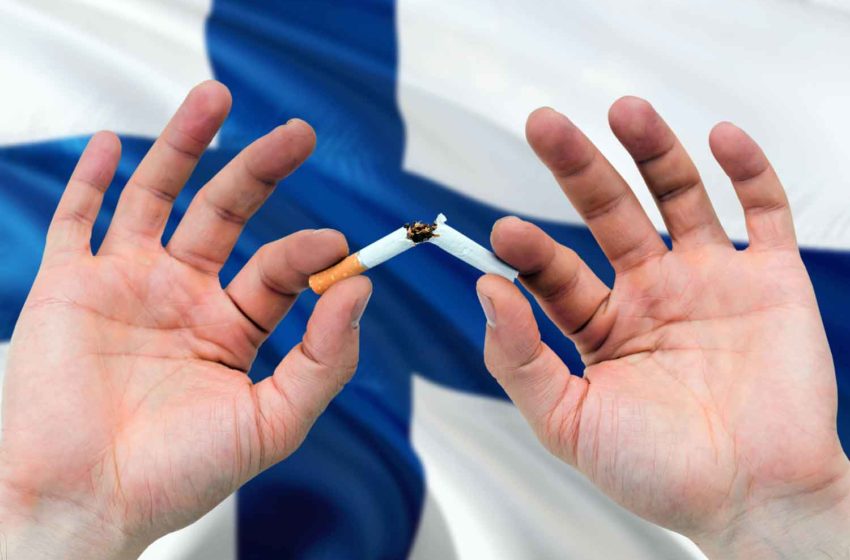







 sCOPe, a global livestream featuring leading tobacco harm reduction (THR) advocates, will broadcast again on both World Vape Day and World No Tobacco Day.
sCOPe, a global livestream featuring leading tobacco harm reduction (THR) advocates, will broadcast again on both World Vape Day and World No Tobacco Day.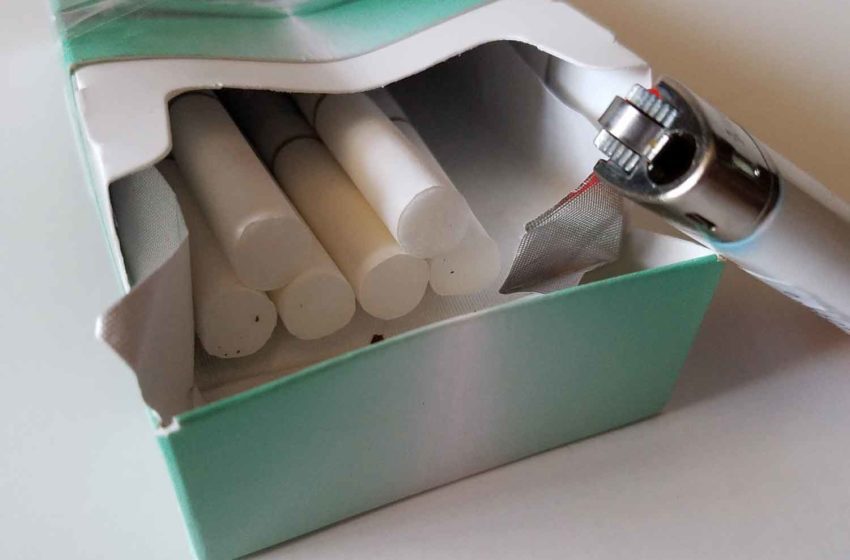
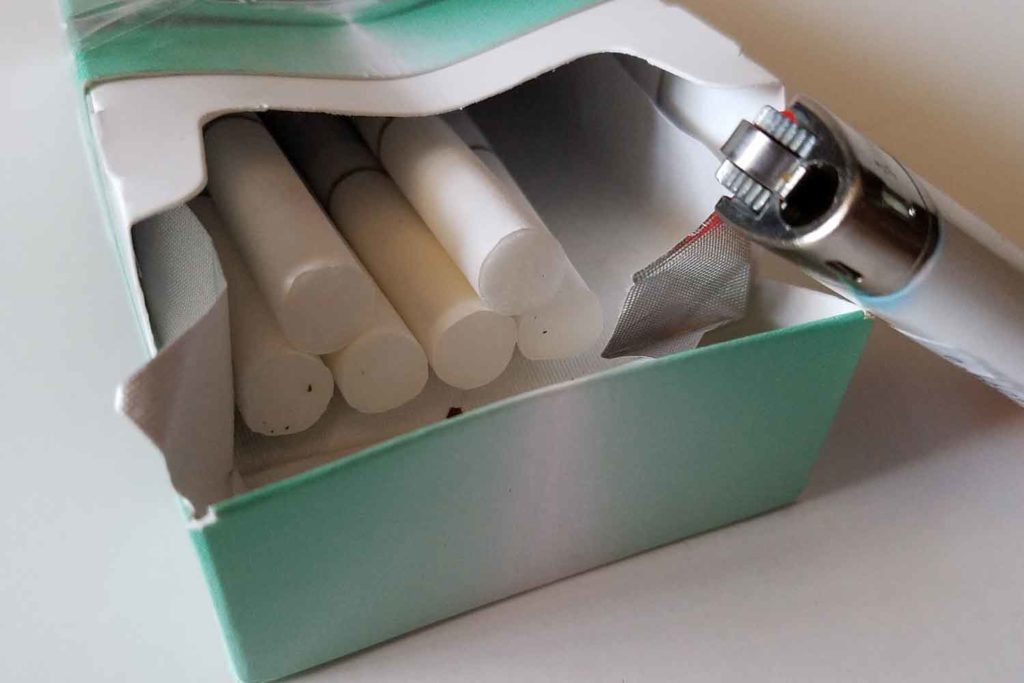

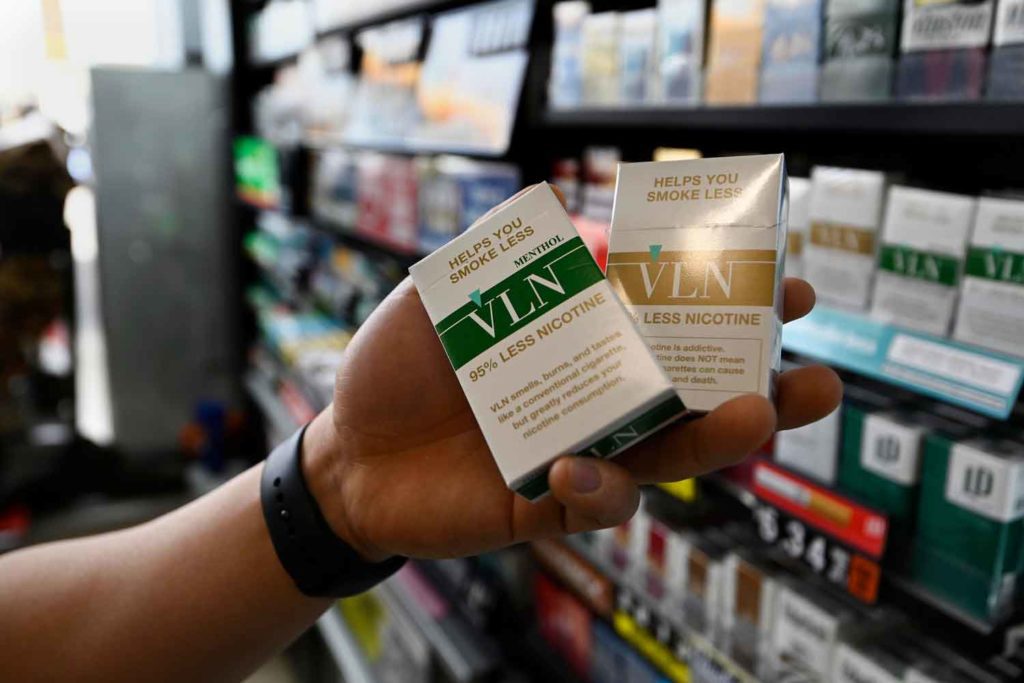
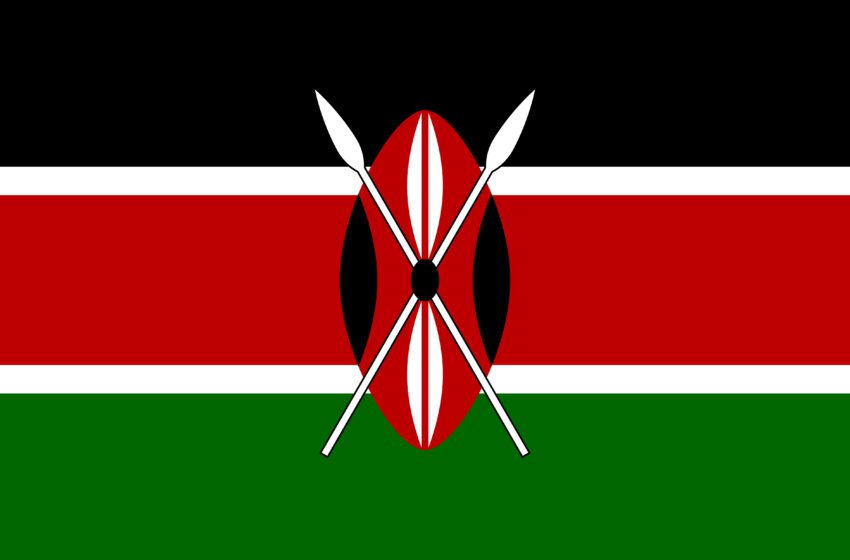
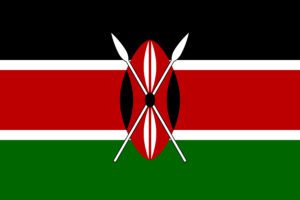


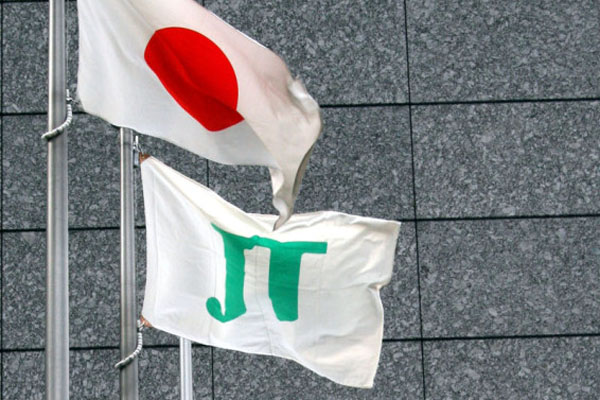
 Japan Tobacco on Thursday announced it was considering selling its Russian operations after suspending investment and marketing activities in the country last month following Moscow’s invasion of Ukraine.
Japan Tobacco on Thursday announced it was considering selling its Russian operations after suspending investment and marketing activities in the country last month following Moscow’s invasion of Ukraine.
